How To: Do a Rubbish Audit
At every Strawkle we host, we count each piece of rubbish we find and log it in Tangaroa Blue's Australian Marine Debris Database. This database contains millions of items of marine debris collected by clean-up groups all over the world.
It's hard to change when you don't know what the problem is. Recording the rubbish found on beach cleans allows groups like Tangaroa Blue to understand what plastic is wreaking the most havoc on the environment, and begin to take action and reduce this figure.
We can take this concept right into our own homes. Swapping takeaway coffee cups for reusable mugs and slurping from a metal straw are simple ways we can reduce our plastic consumption. But if you want to reduce the amount of plastic you use even further, you've got to get a little dirty first.
Sitting amongst a week's worth of rubbish might not sound like the perfect way to spend an afternoon. However, auditing your bin contents is one of the best ways to get a feel for what items you use the most, and start to research alternatives to these.
Whack on your gloves, it's time to get trashy.
1. Shop as you usually would for a week.
Don't overthink this step. When you do your groceries, shop as you usually would from wherever you usually would.
2. One week later, tip out your trash.
Step two is the part where you get to rifle through your rubbish, hurrah!
Lay a couple of pieces of newspaper on the floor, so you don't get bin juice all over the place. Grab the bin that's full of the stuff headed to landfill, and tip it out on the newspaper.
3. Organise your rubbish into sections
Group your rubbish into similar categories, such as pasta packaging, chip and biscuits and other related items.
4. Record what you find
Tally up the amount of rubbish you're using. The list could look like the below:
Plastic pasta packaging x 5
Taco seasoning x 2
Chip packets x 2
5. Source alternatives
Look at your list, and start researching alternatives to the items that you use the most. A quick Google will lead you to a whole heap of ideas.
Some simple swaps include:
Buying your basics, like rice and pasta, from a local bulk food store
Opting for cardboard packaging over plastic packaging
Buying products in larger quantities, instead of buying one-kilo bags of rice or flour.
Starting to snack on carrots, fruit and other produce without plastic packaging rather than bags of potato chips.
There are some items that you may not be able to find alternatives for quickly, or that meet your budget. That's okay! The idea of a rubbish audit is to find what kind of plastics you're using most of and to see if you can begin to reduce that.
Making a small change is far better than making no change at all.
Are you brave enough to share the contents of your rubbish bin? If so, send us an email, tag us in a post or story on social media - we promise there will be no judgement we’re curious creatures who want to know all about your habits.






